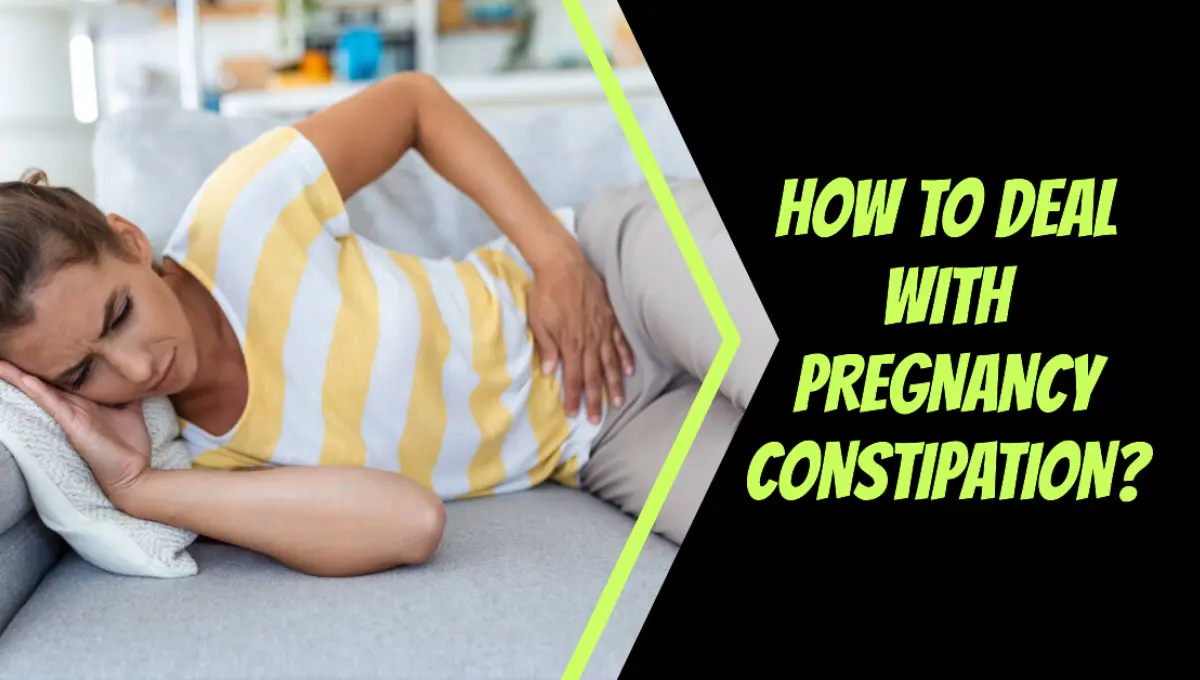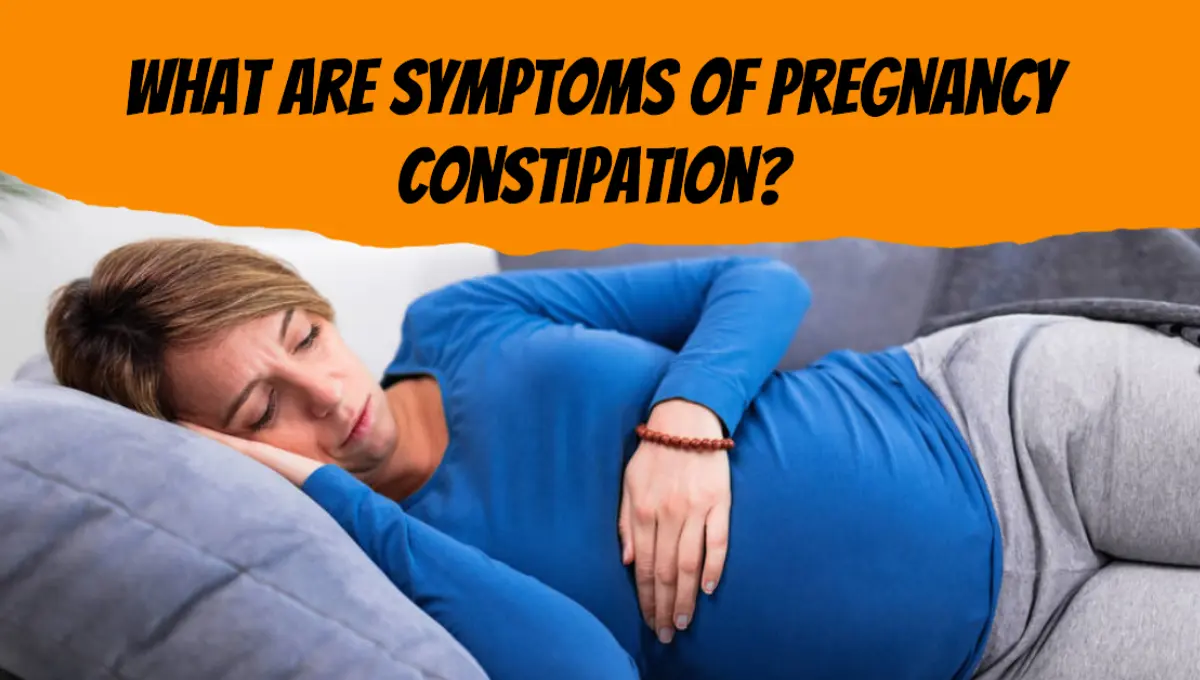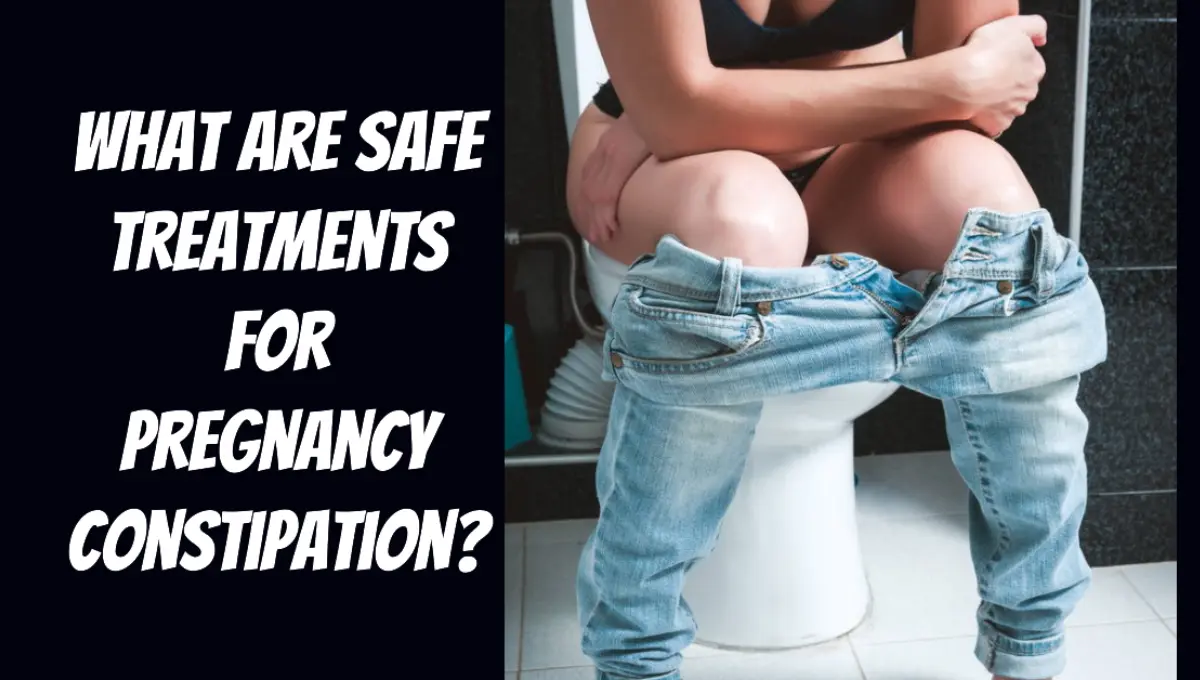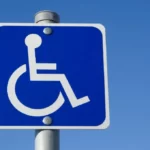
Constipation is a common problem during pregnancy, affecting up to 2 out of 5 women. It occurs when there is difficulty in passing stools, and the stools become hard, dry, and painful to pass. Constipation can be caused by hormonal changes, medicine and supplement use, and not getting enough fiber in your diet. In this article on PregnancyBoss, we will discuss how to deal with pregnancy constipation, including its causes, symptoms, treatments, and home remedies.
Related: Do Guys Sleep A Lot When They Get A Girl Pregnant?
What are the causes of pregnancy constipation?
The cause of constipation during pregnancy depends on the stage at which it occurs. Possible causes include:
- Hormonal changes: The increase in progesterone hormones during pregnancy relaxes the intestinal muscle, causing food and waste to move slower through your system.
- Medicine and supplement use: Iron supplements, which are commonly prescribed during pregnancy, can cause constipation.
- Not getting enough fiber in your diet: Most people who are pregnant are not eating enough fiber, drinking enough water, or getting enough exercise to help their digestive system move waste out of the body.
Related: Does Propranolol Stop Periods? Detailed Analysis
How common is pregnancy constipation?
Constipation, as mentioned at the start of the article, is affecting up to 2 out of 5 women. The prevalence of constipation during pregnancy varies between studies, but it is estimated that approximately 11% to 38% of pregnant women experience constipation. Nearly half of all pregnant women get constipated at some point. Some women have constipation at an early stage of their pregnancy, while it does not affect other women until much later on.
Related: 6 Vaginal Birth Tears: How to Prevent and Manage Them
What are symptoms of pregnancy constipation?

Releasing a stool feels satisfying. Constipation feels just the opposite. You can tell you’re constipated when:
- You have fewer than three bowel movements a week.
- Your stools are hard, dry, and difficult to pass.
- You have abdominal pain or discomfort.
Related: Bye-Bye C-Section Shelf: 2 Surprising Solutions
When does constipation in pregnancy start?
Constipation during pregnancy can start as early as the second or third month of the first trimester, when hormone levels increase to support pregnancy. For most pregnant women, constipation starts during their first trimester, usually after week 8, when the hormone progesterone steadily increases. It may get worse as pregnancy progresses and the uterus grows.
Related: Can Cinnamon Cause A Miscarriage?
When can I expect constipation to end during pregnancy?
Constipation can continue throughout pregnancy for some women as progesterone levels peak. It may get worse as pregnancy progresses and the uterus grows. Sometimes, constipation can continue for days or weeks after the birth. Therefore, constipation can last for different periods of time depending on the individual.
How can constipation during pregnancy affect the baby?
It is very unlikely to hurt the baby. Although the pressure buildup from constipation may feel harmful, it won’t harm the baby.
How much water should be consumed to prevent constipation during pregnancy?

Pregnant women should drink at least eight 12-ounce glasses of water a day to help keep their bowels soft and moving smoothly through their digestive tract.
What are top 5 foods to help naturally relieve pregnancy constipation?
The following five foods can help naturally relieve pregnancy constipation:
- Red Raspberries: Red raspberries have 8 grams of fiber per cup and can help alleviate constipation during pregnancy.
- Green Peas: Green peas are a good source of fiber and can help prevent constipation during pregnancy.
- Prunes: Prunes, or dried plums, are widely used as a natural remedy for constipation. One 1/4-cup (40-gram) serving contains nearly 3 grams of fiber.
- Chia Seeds: Chia seeds are one of the best high-fiber foods to fight pregnancy constipation. About 10 grams of fiber are in just two tablespoons of chia seeds. They contain the right fiber blend (soluble and insoluble fiber) to help absorb water and help you have a bowel movement.
- Lemons: Lemons are a natural diuretic and can help flush out toxins from your body. Drinking warm lemon water can help stimulate bowel movements and relieve constipation during pregnancy.
What are safe treatments for pregnancy constipation?

Constipation during pregnancy can be treated with safe remedies and medications. Here are some safe treatments for constipation during pregnancy:
Home Remedies
- Fiber: Eating a diet high in fiber can help prevent and relieve constipation. Good choices include fresh fruits, vegetables, beans, peas, lentils, bran cereals, prunes, and whole-grain bread. Pregnant women should try to consume 25 to 30 grams of dietary fiber each day to stay regular and healthy.
- Water: Drinking plenty of water can help soften stools and make them easier to pass.
- Exercise: Regular exercise can help stimulate bowel movements and prevent constipation. Walking, swimming, yoga, pilates, and light aerobics are all good options to keep your bowel active.
- Good toilet habits: Going to the toilet as soon as you get the urge, eating and drinking, especially a hot drink at breakfast, can stimulate the urge to go. It’s a good idea to try sitting on the toilet about 20 minutes after meals, especially breakfast.
Medications
- Stool softeners: Stool softeners help moisten your bowels so they are easier to pass. They are especially useful for pregnant women taking constipation-causing iron supplements. Doctors will often prescribe softeners along with iron pills. You can find a variety of stool softeners over-the-counter.
- Laxatives: Laxatives are generally safe to use during pregnancy, but it is important to consult with your healthcare provider before taking any medication. One that is considered safe to use is lactulose, which is an osmotic laxative that’s only available with a prescription.
- Over-the-counter remedies: Some over-the-counter constipation meds have no known harmful effects during pregnancy when you take them according to the package directions. These include Colace (docusate sodium), Fibercon (calcium polycarbophil), Metamucil (psyllium), Milk of Magnesia (magnesium hydroxide), and Miralax (polyethylene glycol).
What types of exercises are recommended for pregnancy constipation?
Here are some types of exercises that are recommended for pregnancy constipation:
- Moderate physical exercise: The American College of Sports Medicine (ACSM) recommends pregnant women undertake 30 minutes of moderate physical exercise on most days of the week. Low impact exercises ideal for promoting bowel movement include walking, swimming, yoga, pilates, and light aerobics.
- Yoga exercises: Yoga can be a good way to get things flowing through your intestines. Yoga exercises that twist will help relieve constipation during pregnancy.
- Brisk walking: Walking is a great low-impact exercise that can help stimulate bowel movements and prevent constipation.
- Cardio exercise: Consistent cardio exercise during pregnancy can help relieve constipation. Cardio exercise helps food move through the large intestine faster, which can help prevent constipation.
What are some other discomforts of pregnancy that can be associated with constipation?
Constipation is a common problem during pregnancy, and it can be associated with other discomforts. Here are some examples:
- Hemorrhoids and anal fissures: Constipation can lead to or worsen hemorrhoids and anal fissures, which are also common during pregnancy.
- Heavy, bloated, and achy feeling: Being constipated during pregnancy can cause a heavy, bloated, and achy feeling around the lower tummy.
- Nausea and vomiting: Some medicines commonly used during pregnancy, such as those for nausea and vomiting, can contribute to constipation.
- Abdominal pain or discomfort: Constipation can cause abdominal pain or discomfort, difficult and infrequent bowel movements, and the passage of hard stools.
- Straining to poop: Pregnant women may strain to poop, and their belly may feel swollen and gassy.
- Feeling like you haven’t fully emptied your bowels: Some people with constipation feel they have not fully emptied their bowels and that even after passing stools, they feel the need to pass more.
When should I talk to my doctor about constipation during pregnancy?
Constipation during pregnancy is a common issue, but it is important to know when to seek medical attention. According to the American Pregnancy Association, if you experience severe abdominal pain or if you pass blood or mucus, which could be a sign of an infection, you should call your doctor right away. Additionally, if diet and lifestyle changes are not enough to relieve constipation, speak to your doctor or pharmacist about medicines that might help. It is always best to consult with your healthcare provider if you have any concerns or questions about your health during pregnancy.
Conclusion
In conclusion, constipation is a common problem during pregnancy, affecting up to 2 out of 5 people. Although it is unlikely to hurt the baby, it can cause discomfort and pain for the pregnant person. To prevent complications such as fecal impaction, pregnant people can increase the amount of fiber and water in their diet, maintain good toileting habits, and talk to their doctor about taking an over-the-counter fiber supplement or a stool softener. Laxative pills are not recommended for the treatment of constipation during pregnancy because they might stimulate uterine contractions and cause dehydration. If constipation is impacting daily activities or causing significant pain, contact a doctor.
Frequently Asked Questions (FAQs)
Can constipation hurt the baby during pregnancy?
When should I call my doctor or midwife?
What can I expect if I’m constipated during my pregnancy?
What are the best foods to eat to prevent constipation during pregnancy?
Eating wholegrain foods, fruit, and vegetables can often resolve constipation6. Foods that are high in fiber include:Whole-grain bread and cereals
Fruits such as apples, bananas, and berries
Vegetables such as broccoli, carrots, and spinach
Legumes such as lentils, chickpeas, and black beans
Can I take laxatives during pregnancy?
How much water should I drink to prevent constipation during pregnancy?
Drinking plenty of water can help soften stools and make them easier to pass2. The Institute of Medicine recommends that pregnant women drink about 10 cups (2.4 liters) of fluids daily.











